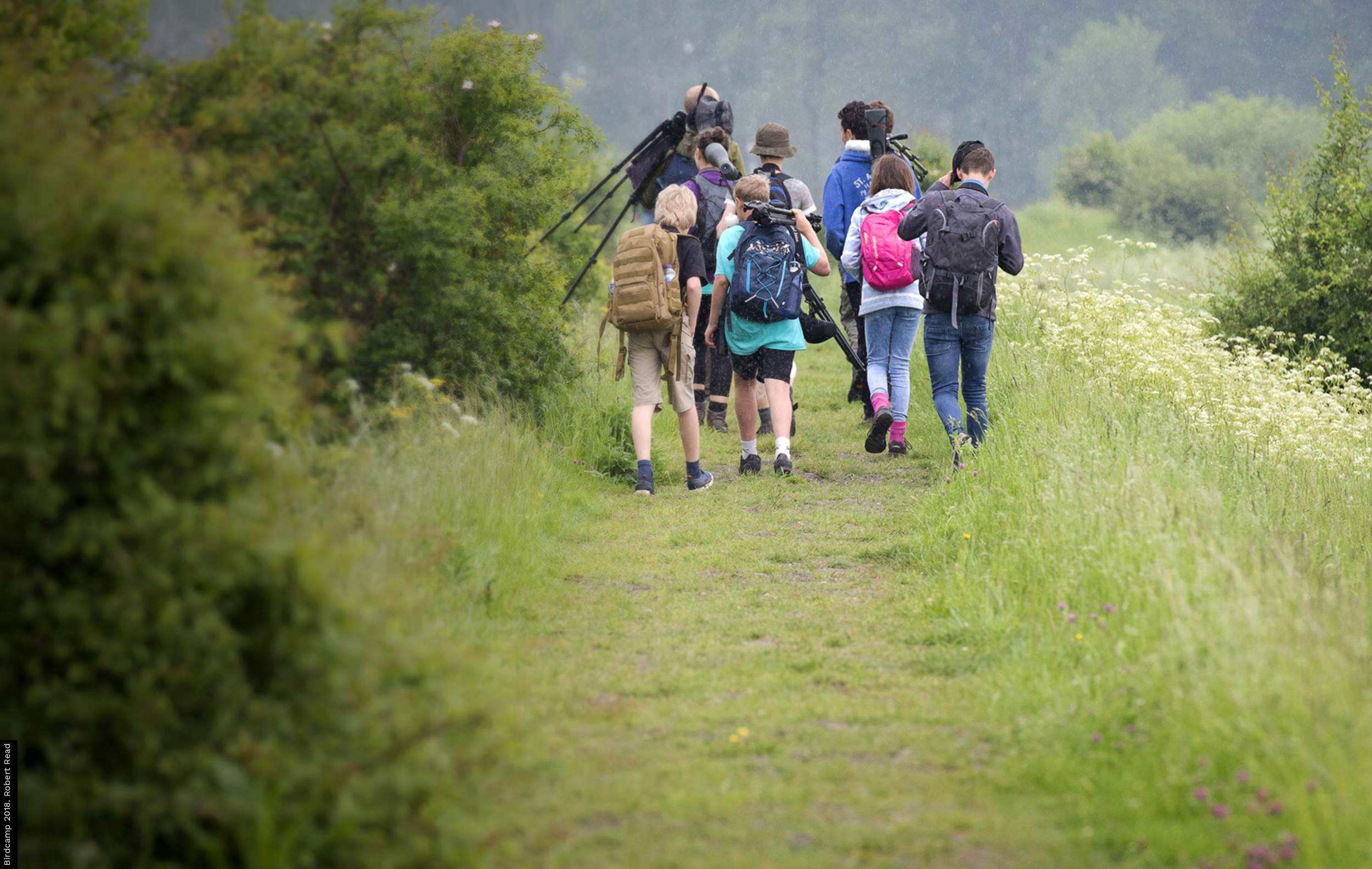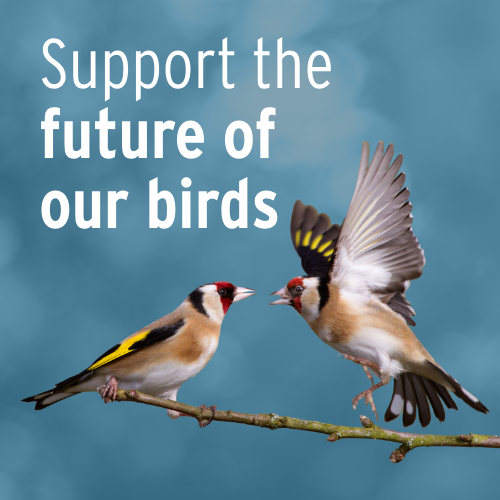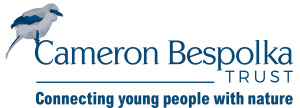BTO Bird Camp
Bird Camps 2023
We are proud to be hosting Bird Camps in all four countries again in 2023!
BTO Youth will be organising Bird Camps in England, Wales and Northern Ireland, and working in partnership with our friends at SOC for a fourth camp in Scotland. Please read all the information here carefully before applying.
The four camps are:
- Scotland, Lothian, May 26–28 (apply on the SOC website)
- Wales, Pembrokeshire, 16–18 June
- England, Suffolk, 30 June–2 July
- Northern Ireland, Co Tyrone, 21–23 July
What it's all about
Ages
The BTO Bird Camps 2022 are open for young people in secondary school or college at the time of camp, as long as you are under 18 during the camp.
- Note that the Scotland camp is open for young people aged 10–17.
Cost
BTO Bird Camps are completely free of charge, to make them accessible to as many young people as possible. If you are financially able to do so, any contributions made will help us to keep running our camps for free in future.
- Please donate to our BTO Youth Appeal. Thank you.
Equipment
We understand that equipment like binoculars can be expensive. To make sure everyone can enjoy the camp, we'll have binoculars you can borrow and we'll bring scopes for everyone to use; just tick the option on the form if you want to borrow a pair of binoculars.
- You can also apply for our Equipment Donation Scheme. If you do, let us know which camp you’re planning to attend.
The programme
Each of the camps will follow a similar itinerary, outlined below, although this will change a bit based on location and the weather. A more detailed plan will be sent to campers in the week before the camp.
- Friday:
(Late afternoon) Arrival at camp, getting to know each other, health & safety, evening activity (e.g. bat identification or arts). - Saturday:
Day trip to local nature reserve(s), learning about BTO surveys, bird identification, learning about science, creative workshop, evening activity (e.g. campfire or stargazing). - Sunday:
Ringing demo (weather-permitting), identifying birds by song, final presentations and pledges.
Accommodation
We'll be staying indoors in shared rooms, with either single or bunk beds. In all four countries, we are staying at accommodation specific for groups and schools and so we'll have everything needed to make your stay comfortable.
- If you need any adjustments to accommodation, or if you have any accessibility needs, just let us know on the application form and we'll do our best to arrange what you need.
Accessibility
We are committed to making all Bird Camps as accessible as possible. If you have any accessibility requirements or questions you would like to discuss, please email us at youth [at] bto.org.
Safeguarding
Safeguarding participants is of paramount importance. All of our staff and volunteers have completed safeguarding training and will be DBS-checked and cleared. A Designated Safeguarding Lead will be present at each camp.
- You can read our Safeguarding Policy for more information or email us at youth [at] bto.org if you have any questions.
Learn more at one of our Q&A events
We’ll be hosting two informal Q&A sessions on the 15th of March and the 6th of April where you can learn more about the camps and ask any questions you might have.
How to apply
- To apply, download the application pack below and fill in the forms. You can email them back to us at youth [at] bto.org, with “Camp application” in the subject line, before the deadline of 11.59pm on April 16th.
- You can either fill the forms in digitally, or print them off and send us a scan or photo of the completed forms.
- The application can be as creative as you like; you can include drawings, videos, or anything else that will help you tell us why you’d like to camp. Just include it in your email!
- Note that Scotland has an earlier deadline; visit the SOC website for more information.
Apply for Bird Camp
Download the application pack to get started!
Application PackOr, if you would like to attend our Scotland Bird Camp, visit the SOC/BTO Scottish Bird Camp page.
Supported by...
The Cameron Bespolka Trust is a charity that has been set up in Cameron's memory to inspire young people to love and appreciate animals, in particular birds, nature, and our environment. By experiencing the outdoors first hand, teenagers can connect with nature and make a difference to our planet.








Share this page